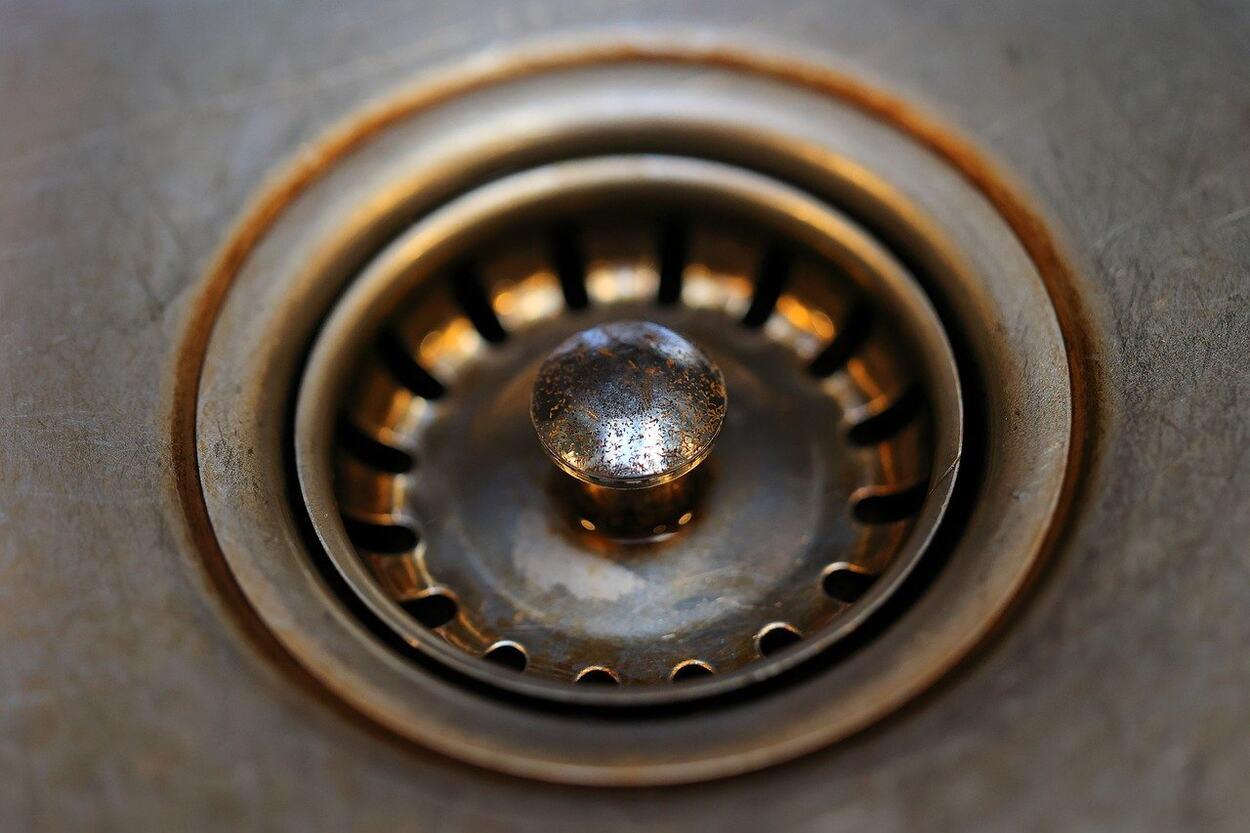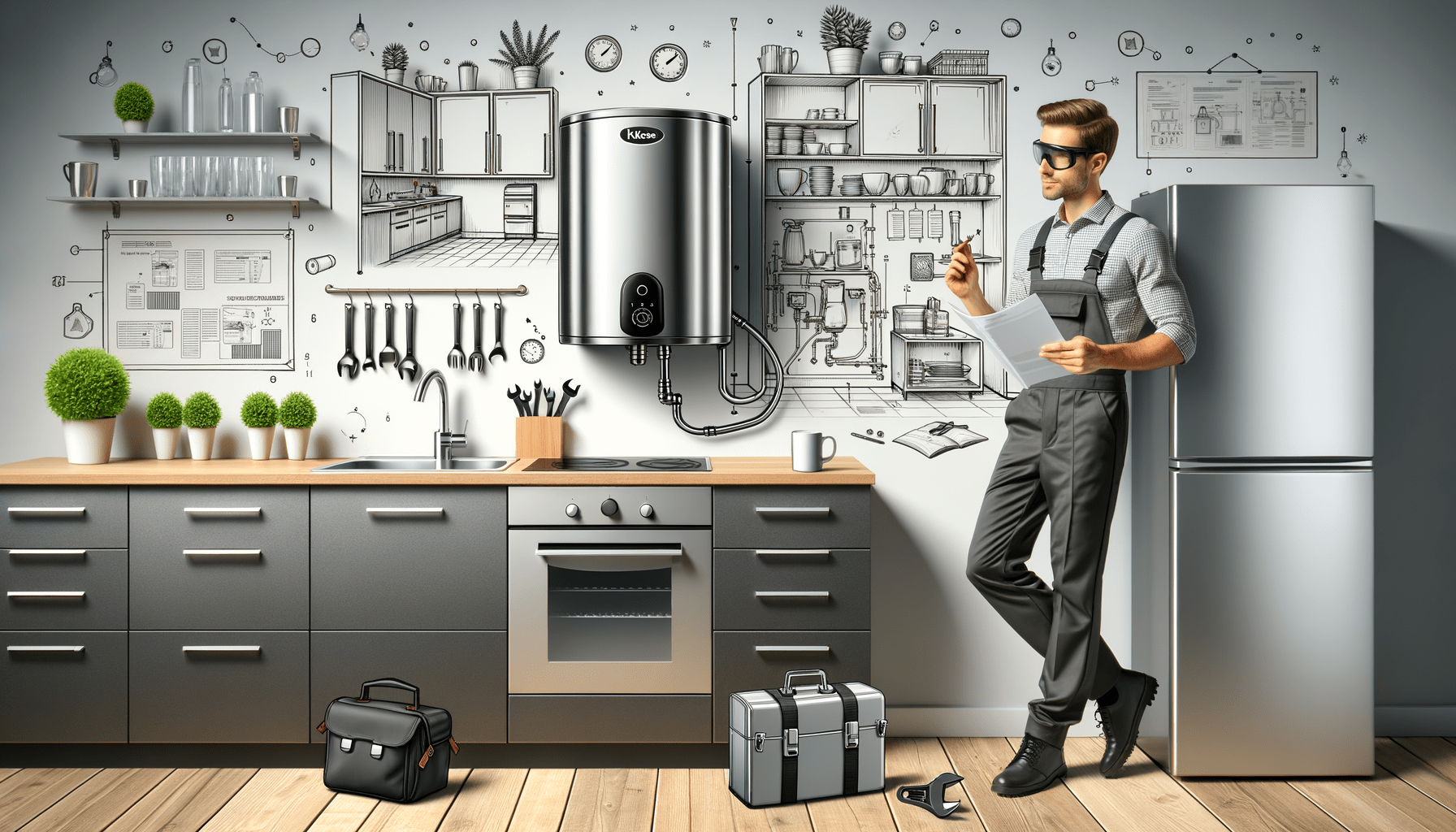A shower drain clog can be an absolute nightmare for anyone unfortunate enough to be dealing with one. From the unpleasant stagnant water to the foul smells, there’s nothing fun about a clogged shower drain. Fear not, friends, here at Dan’s Plumbing, we’ve been dealing with these pesky problems for years and we’ve learned a thing or two along the way. Today, we’re going to share this wisdom by giving you our top 15 tips for preventing shower drain clogs!
Contents
- 1. Regularly Clean the Drain
- 2. Use Hair Catchers
- 3. Limit Soap Scum Buildup
- 4. Dispose of Grease Properly
- 5. Never Dump Food Debris
- 6. Avoid Pouring Chemicals
- 7. Install a Drain Screen
- 8. Flush Drains with Water
- 9. Use Natural Cleaning Solutions
- 10. Avoid Excess Tissue Disposal
- 11. Cold Water after Grease
- 12. Maintain Regular Plumbing Checks
- 13. Use Baking Soda and Vinegar
- 14. Run Hot Water Regularly
- 15. Empty P-Traps Occasionally
- Conclusion
1. Regularly Clean the Drain
The key to avoiding most plumbing issues lies in regular maintenance. When it comes to your shower drain, try to make a habit of cleaning it on a bi-weekly basis. This means unscrewing the drain cover and removing anything that might be causing blockages such as hair or soap scum. If you’re a bit squeamish, use a long pair of tweezers or even an old toothbrush.
2. Use Hair Catchers
Hair is one of the primary culprits behind shower drain clogs. A simple solution is to use hair catchers. These small devices are affordable, easy to install in your bathroom and they can save you from a lot of trouble down the track by catching hair before it goes down your drain.
3. Limit Soap Scum Buildup
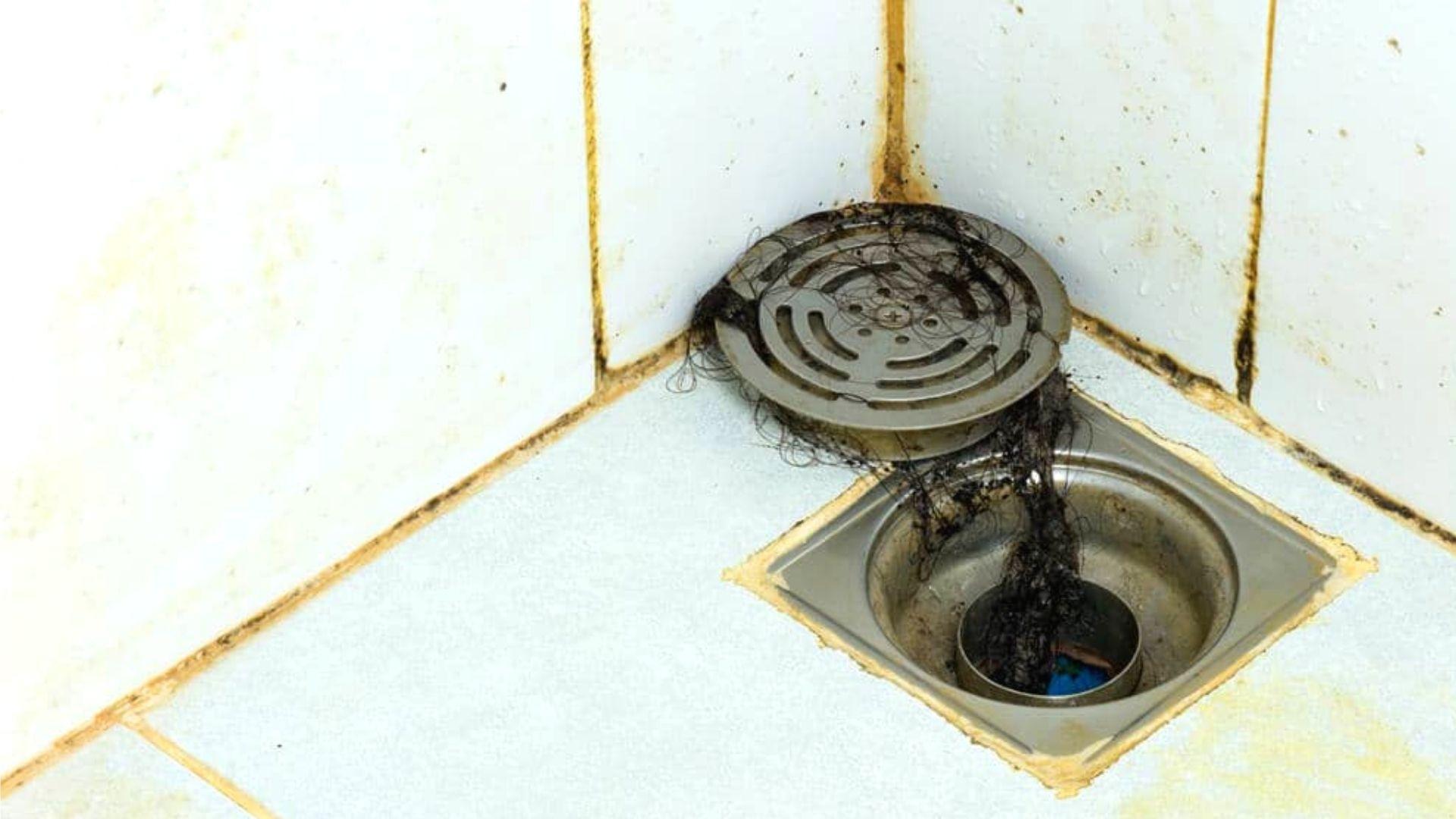
Soap scum can build up over time, leading to blocked drains. To prevent it from accumulating, consider switching to shower gel instead of bar soap as this leaves behind less residue. Alternatively, regularly using cleaning products designed to reduce soap scum build-up will also help keep your drains flowing smoothly.
4. Dispose of Grease Properly
You might wonder what grease has to do with your shower drain. Well, washing greasy materials in the shower can cause serious issues over time. The fat solidifies as it cools down, sticking to the pipes and obstructing water flow. Instead of rinsing grease off dishes or utensils in the shower, collect it in a container and dispose of it with your regular household rubbish.
5. Never Dump Food Debris
The shower is not a second bin. Food debris have no place in the shower drain! Food particles can accumulate and harden over time, ultimately blocking your pipes. Always make sure to properly dispose of food waste to protect your plumbing system.
6. Avoid Pouring Chemicals
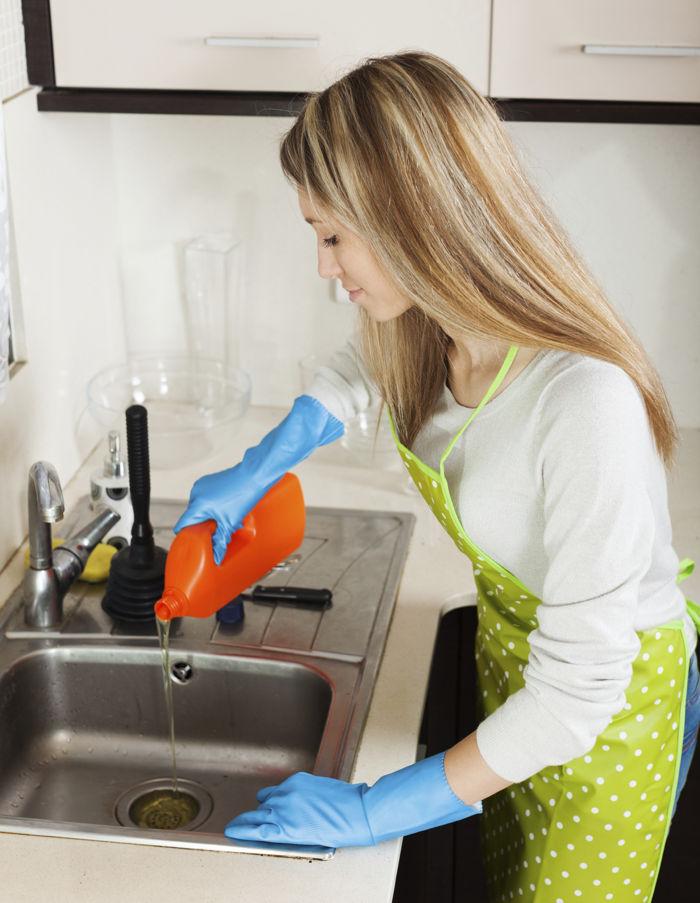
Chemical drain cleaners are often seen as a quick fix for clogged drains, however, they can cause more harm than good. These substances can corrode pipes over time, leading to leaks and more serious plumbing issues. Instead of grabbing for the bottle of harsh chemicals, consider using natural or plumbing-friendly cleaning solutions.
7. Install a Drain Screen
A drain screen serves as an extra protective measure for your shower drain. This product catches larger bits of debris that could cause potential blockages before they get washed into your plumbing system. It’s an affordable solution that can save you costly plumbing repairs in the long term.
8. Flush Drains with Water
Flushing your drains with a high-pressure water flow every now and then can help remove any small particles or bits of debris clinging to the pipe walls. This simple maintenance act can be performed with a standard household bucket filled with hot water, ensuring that smaller clogs don’t build up into a bigger problem.
9. Use Natural Cleaning Solutions
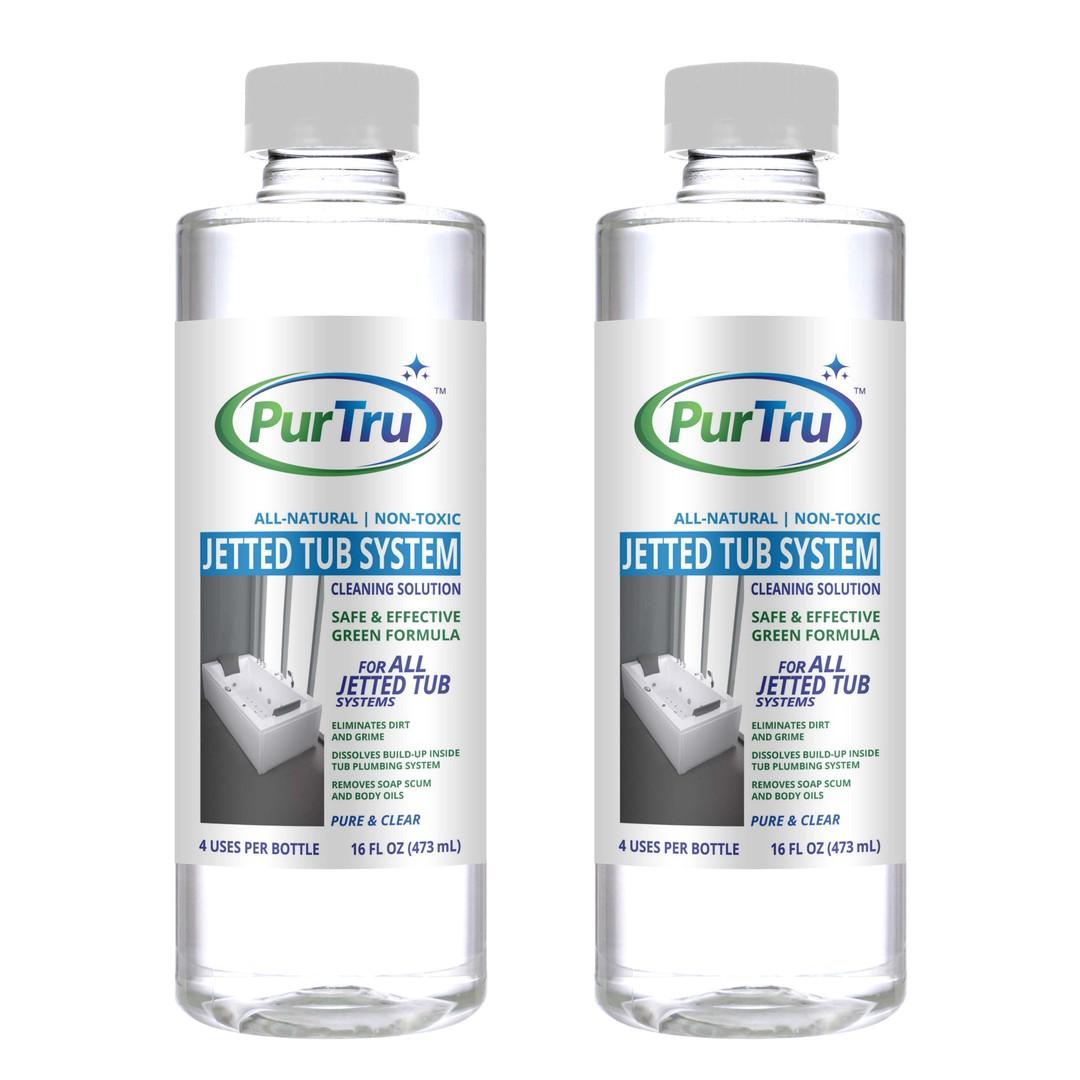
Bicarbonate soda and vinegar are powerful natural cleaners for your drain. Simply pour half a cup of bicarbonate soda into your shower drain, followed by half a cup of vinegar. Cover the drain and wait around 15-20 minutes before rinsing with boiling water. The fizzy chemical reaction helps break up any clogs in your pipes without the harmful effects of chemical cleaners.
10. Avoid Excess Tissue Disposal
Avoid disposing of tissues in the shower. While they might seem harmless, they can accumulate and form stubborn blockages in your drains. Like food debris, dispose tissues in a bin rather than your plumbing system to keep your drains clear.
11. Cold Water after Grease
One common source of shower drain clogs is grease and oil build up. This can be particularly tricky as it often comes from your own body, like the natural oils in your skin, or from oil-based soaps and shower gels. Here’s a handy tip to help prevent this: after taking a shower, run cold water for a few minutes. The cold water will solidify the residual oil and grease, making it easier to remove later on. Applying this simple yet effective practice can significantly reduce the occurrence of stubborn clogs in your bathroom drain system.
12. Maintain Regular Plumbing Checks
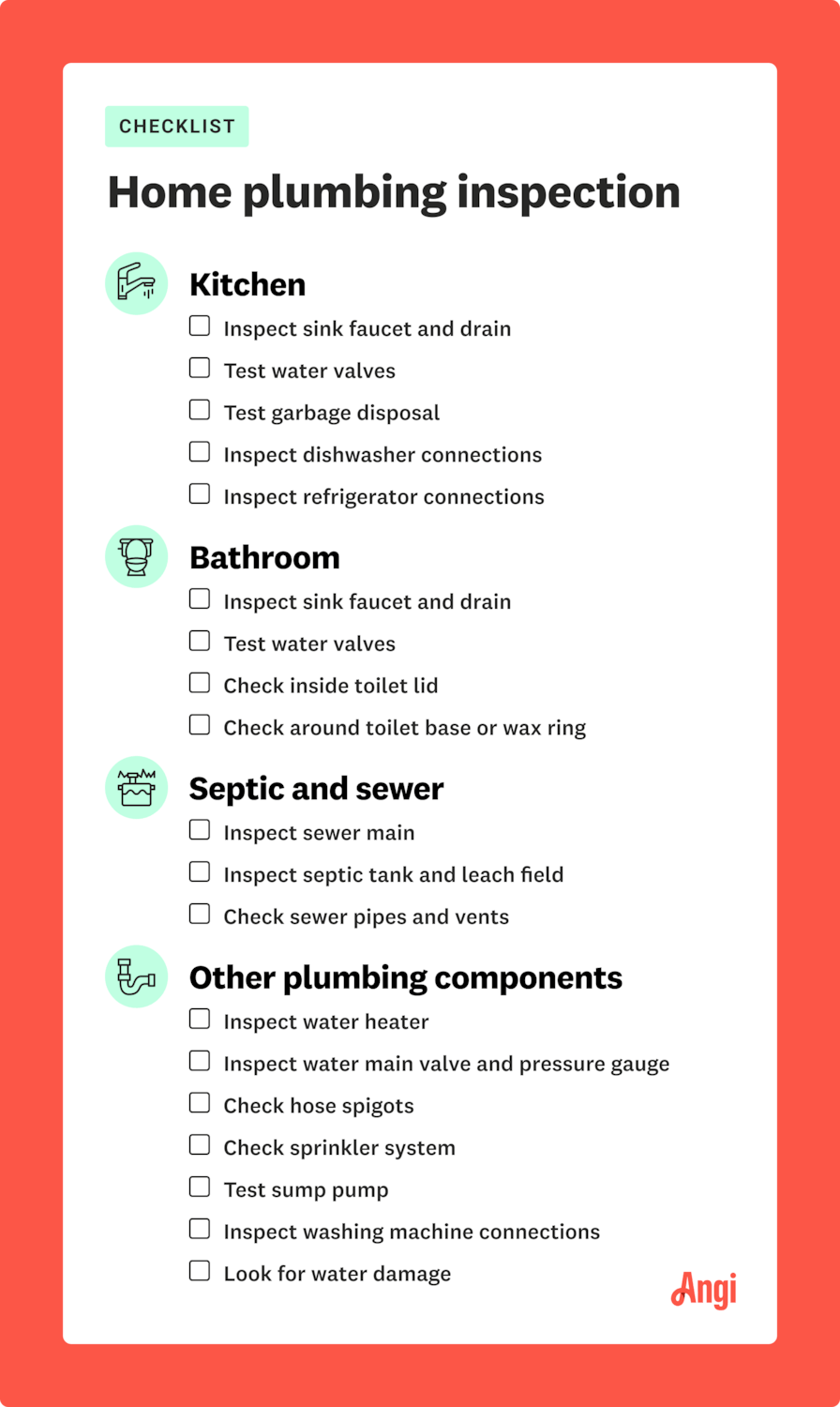
Maintaining regular plumbing checks is much like going for regular health check-ups. Just as you would give your body an assessment to help detect any potential health risks early, your home’s plumbing system similarly needs routine inspections. Regular checks will ensure everything is running efficiently and allow you to spot any minor issues before they become major problems. Remember that prevention is key in hydraulic engineering; identifying a small blockage now could save you from having a major issue with your shower, bathtub or other home appliances down the line.
13. Use Baking Soda and Vinegar
Baking soda and vinegar are not only pantry staples but also really efficient plumbing aids! Combining these two domestic implements creates a chemical reaction that can dislodge clogs in your drainage system. Quick tip: pour half a cup of baking soda into the drain, followed by half a cup of vinegar. Leave it for about 20 minutes before flushing with hot water. By doing this once every couple of weeks, you also eliminate bad odours from your bathroom pipes – an extra hygiene perk!
14. Run Hot Water Regularly
You’d be surprised how simple it is to maintain your shower drains! Another effective method is to run hot water down the drains regularly. This action helps dissolve soaps, grease and any oil that might have started to accumulate. It’s the heat from the hot water that makes materials like these easier to clear out of your drain system. So, next time after you’ve enjoyed a leisure activity like bathing, remember to let some hot water run!
15. Empty P-Traps Occasionally
You may be wondering what a P-trap is! It’s a common plumbing feature in homes, including showers and bathtubs, and it’s designed to trap debris that has fallen into the drain and prevent it from clogging the pipe system. However, over time, this P-trap can get full and require emptying. Ensuring that this part of your shower’s drainage system is regularly cleaned out can help you keep those unwanted clogs at bay.
Conclusion
To wrap up, maintaining a clog-free shower drain doesn’t have to be an intimidating task! While some preventative actions might require more of your time and effort than others, they are all achievable with simple household items and practices like running hot or cold water. By applying these measures regularly, you’ll ensure that your shower keeps draining efficiently. Don’t forget – when in doubt, don’t hesitate to seek professional help from a reliable plumber!
- Can I Get a Plumber to Help Me Install An Under Sink Water Boiler in Our Office Kitchen? - September 14, 2024
- Can a Plumber Help Me Clear a Badly Clogged Toilet? - September 4, 2024
- Can a Plumber Help Me to Replace a Bathtub Drain Stopper? - August 29, 2024
Related posts:
 How Do I Prevent Hair From Clogging My Shower Drain?
How Do I Prevent Hair From Clogging My Shower Drain?
 How Do I Prevent Food Scraps From Clogging My Kitchen Drain?
How Do I Prevent Food Scraps From Clogging My Kitchen Drain?
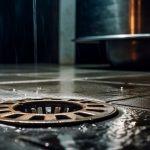 What Should I Do If My Bathtub Is Slow to Drain?
What Should I Do If My Bathtub Is Slow to Drain?
 Can Your Plumbers Help Unclog a Sink Drain?
Can Your Plumbers Help Unclog a Sink Drain?
 How Do I Prevent Grease Build-Up in My Kitchen Pipes?
How Do I Prevent Grease Build-Up in My Kitchen Pipes?
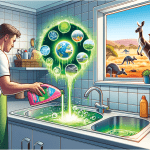 Do Chemical Drain Cleaners Work? And What Are They Best Used For in Australia?
Do Chemical Drain Cleaners Work? And What Are They Best Used For in Australia?

